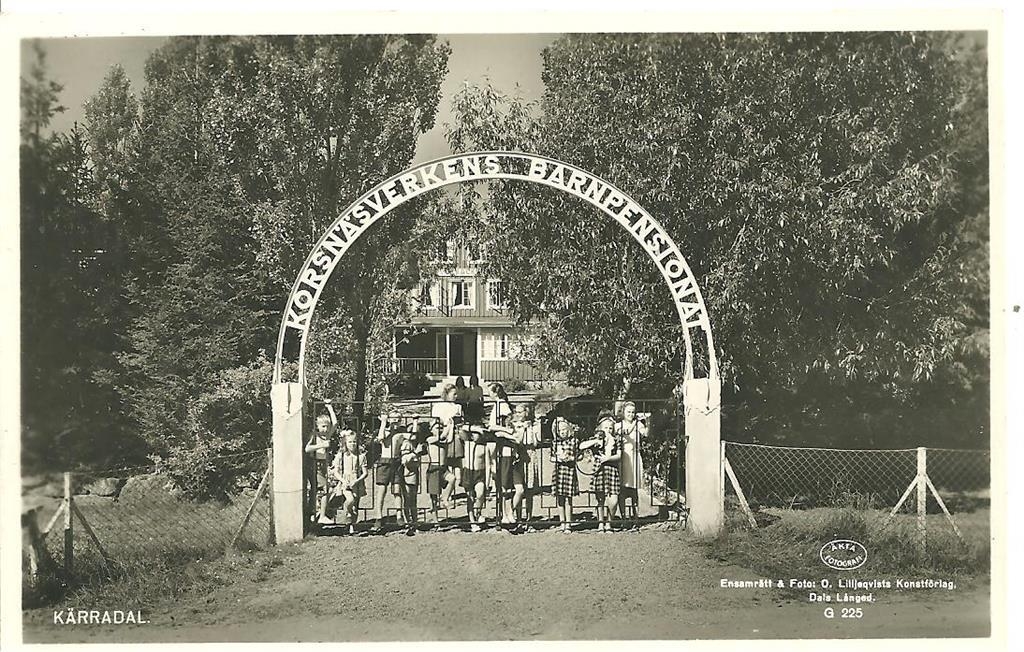Martina Koegeler-Abdi Anecdotes, gossip, and hearsay are not sources in a scholarly sense. However, we should not entirely dismiss or ignore that they may play a role in informal knowledge production that can shape researchers’ relations to their subjects— for better or worse. As researchers looking into the politics of family secrecy in 20th century …
Continue reading “Did you hear? Valuations of Anecdotal Evidence”
